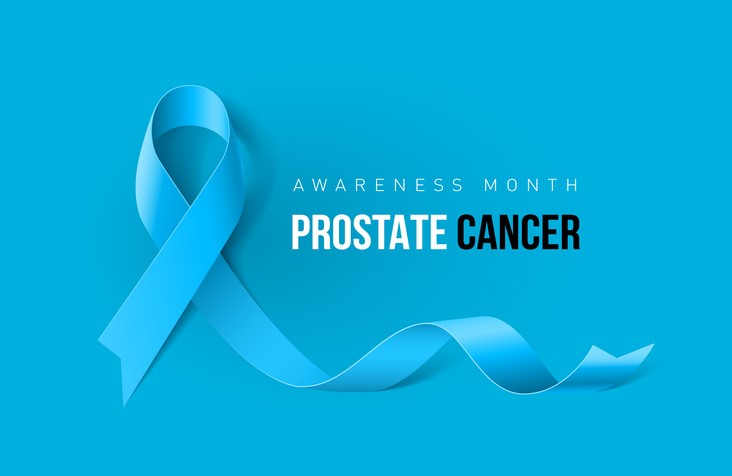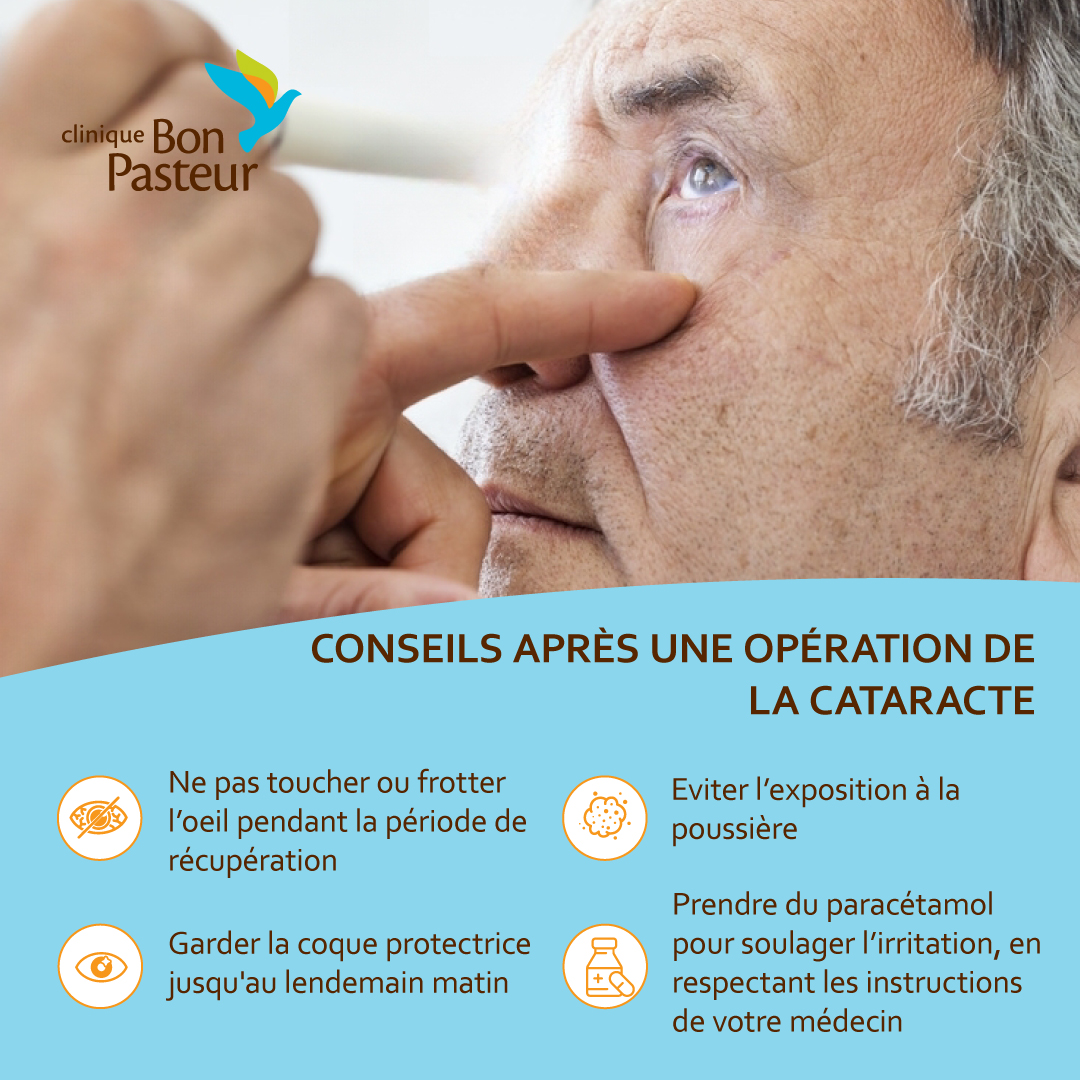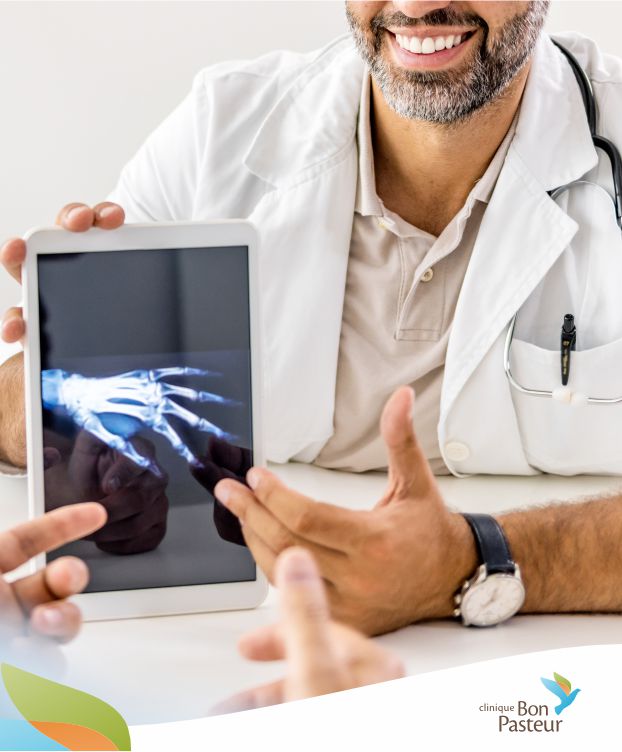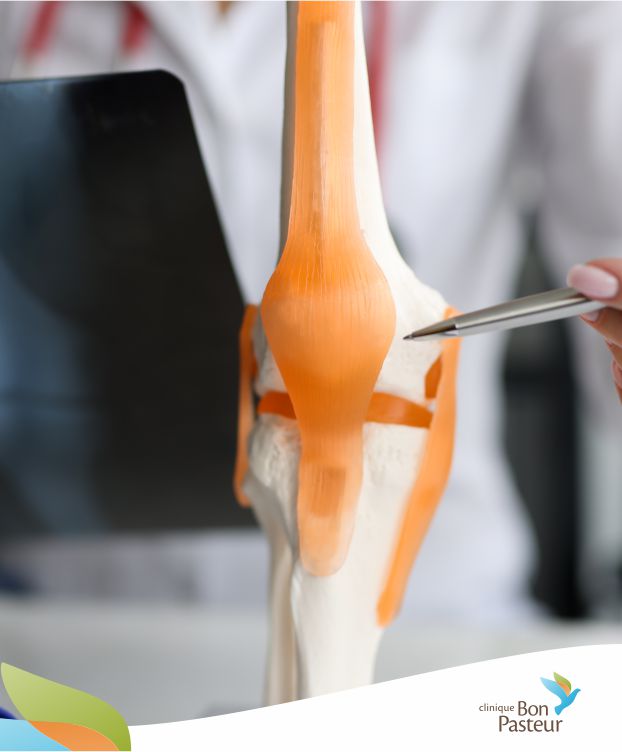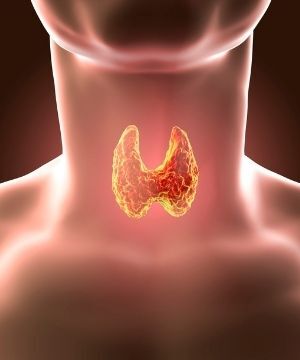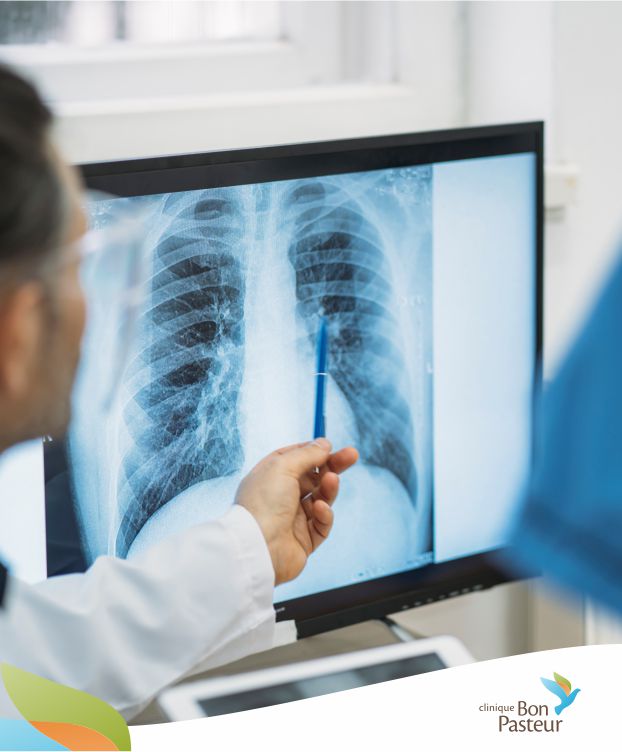What to expect from your stay on the maternity ward
September 30, 2021
You’ve been carrying your baby for nine months now, and he or she is ready to come out! You probably have lots of questions about their arrival and your upcoming stay in clinic. Nathalie Templin, head of the maternity unit at Bon Pasteur Clinic, explains what to expect.
• Before going to the maternity ward
When do you know that baby is really on the way? Every mother-to-be asks themselves that question. According to Nathalie, there are several signs to look out for. If you notice any of the following, it’s time to pack your bags and head straight to the maternity ward.
– Painful and frequent contractions (each lasting about 1 minute, at intervals of 10 minutes or fewer). Be careful, however, not to confuse real labour contractions, which are painful, with Braxton Hicks contractions, which you have probably already heard about. The latter occur throughout pregnancy, and while they do help your body prepare for labour, they are not a sign that labour has begun.
– Your waters breaking or leaking.
– Losing your mucous plug, a yellowish, jelly-like secretion that is sometimes tinged with blood.
– Any bleeding.
– A decrease in your baby’s movements.
– Any other unusual symptoms.
Don’t hesitate to call the maternity unit to let them know you are on your way. This will allow the midwives to get ready to welcome you. To give yourself some peace of mind, make sure to pack your baby’s suitcase and your own at least a month in advance. To find out what items to take to the clinic, click here.
• Arriving at the maternity ward
Once you’ve passed reception, go straight to the maternity ward! Our midwives will meet you there and direct you to a room. “We have a well-established procedure that allows us to meet the needs of the mother-to-be”, explains Nathalie. Once the patient is settled in, the midwives ask a number of questions to complete her file: is this her first pregnancy? When did the symptoms start? How did the other pregnancies go?
Once they have the information they need, the team will need to work out how far along your labour is. A monitor will be placed on your abdomen to assess the frequency and intensity of your contractions. Your cervix will also be examined to determine whether you’re close to delivering. Your gynaecologist will, of course, be informed of the results of your examinations.
• Giving birth
Once labour is established, the midwives will tell you when you are ready to give birth. What can you expect from birth? “Every person is unique, and every birth is different. It all depends on how the uterus behaves at that point,” says Nathalie. Although the duration of labour and the time it takes to give birth vary from person to person, there are three stages of labour that are easily recognisable in most cases.
– The latent phase takes place before you arrive at the maternity unit. Your contractions are still weak, and your cervix is slowly beginning to dilate.
– The active phase usually coincides with you leaving home to make your way to clinic. Your contractions become more frequent and painful. The cervix continues to dilate in preparation for the final stage of labour.
– The transitional phase is the most physical part of labour. Your cervix completes its dilation and opens to 10cm. Your contractions become more intense and frequent. Baby is on the way!
While labour tends to be faster during a second or subsequent birth, this is not always the case. Some women deliver very quickly, whereas others remain in labour for much longer, and yet others give birth via a scheduled or emergency caesarean section.
• Your stay on the maternity ward
Your stay on the maternity ward is an important one. For new mothers, it is a time to recover from the birth and learn basic baby care. For example, you will be encouraged to be present for and participate in your baby’s nappy changes and first bath. You will also be offered support with breast or bottle-feeding. For both new and experienced mothers, this is a time to rest before going home.
If you have any other query, feel free to contact our team on 401 95 00.
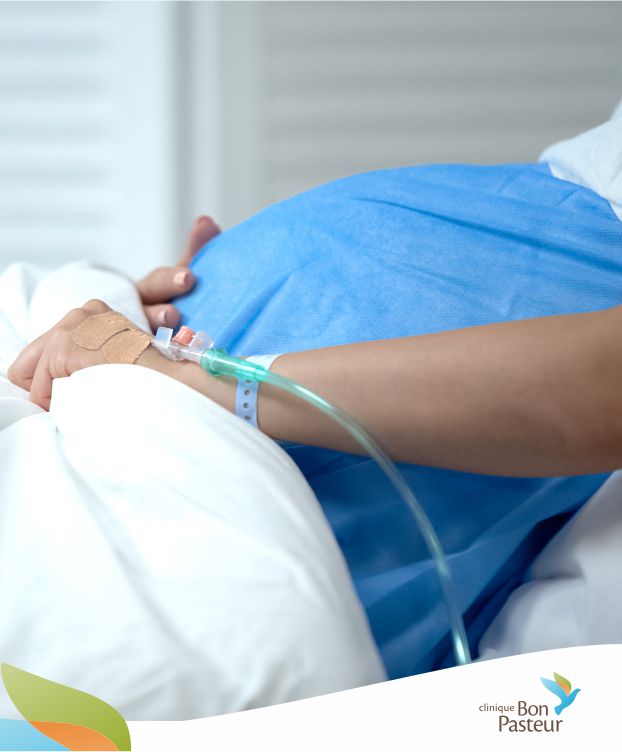
Related Article
